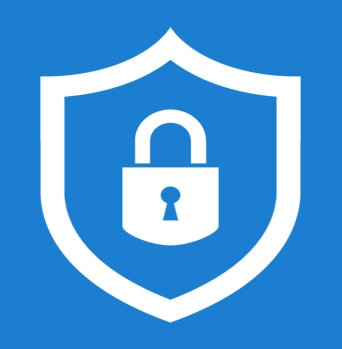


Cyber Security, as you know, now is the most trending and demanding area of study for protecting sensitive data on network devices and systems from intruders. If you are someone interested into cyberspace and have an ethical mindset then this tutorial is for you. No matter where you stands now, be a beginner, take your chance to take the road map and secure the cyber world from intruders.
Another intersting fact is that one can choose different career paths with in the field of cyber security. According to employment statistics, there is a rapidly growing necessity for cyber security engineers and many organizations are paying significantly for these professionals.
Please take this as a piece of advice from our end: only pursue a career in cyber security if you are genuinely interested in resolving problems with networks, devices, packets, and other relevant things. Every day, particularly in urgent situations, a security engineer must overcome new challenges.
Let us begin the journey, of how to become a cyber security professional.
It is a basic question as it provides the security for the network devices and systems that are working in cyberspace from the attacks which are done by cybercriminals. The definition is simple and lets us see how it becomes while going in-depth.
According to data and graphs, the cyber attacks are increasing every day as almost all type of users and organizations are entering to cyberspace for their daily routine and the need for cyber security experts are at peak as around 3.5 million jobs are available around the globe and it is the perfect time to start your career in it.
We already discussed that cyber security is a vast area with a lot of diversification inside it ,so it should come as no surprise that a variety of jobs fall under its umbrella. According to the employment data around 400000 professional shortages is there in the US only for a cyber security job. Let us see the job types in cyber security

Please note that this is not a complete list as it is outside the scope of our investigation. These are just a few of the cyber security careers available; there are many more.

To start with you need a foundational qualification, such as a graduation in information technology or computer science-related course or any other degree that is equivalent, in order to proceed. Please keep in mind that graduation from any program linked to computer science is acceptable - it is not necessary to have an engineering degree.
Next, you need to check the skills that a cyber security professional has which is really important to handle the security threats that are really happening suddenly and should be resolved in real-time as soon as possible. The skills needed for a cyber security professional are listed below:
Once you reach this milestone then your track to becoming a cyber security professional is half done. Now you have to learn the cyber security basics, OSI model of networking, terminologies of the network, Working of the internet, Hacking tools, Security policies, Type of threats, etc for getting the next building block of your path. We prefer to refer to any online free course to get this knowledge. If you are interested you can refer to our tutorials as it is refined and simple to learn about these all.
In this stage, you have to increase your knowledge as much as you can. Read a maximum number of online courses and tutorials available. If you are ok you can take paid courses at this stage and update your knowledge about the latest security measures hacking methods viruses and threats the world is facing. You can check tech magazines for such knowledge.
Now its time to prepare yourself. Make your lab in your computer and don’t forget to use only Linux for preparing the lab. Go and check simple hacking and security tools at first. Keep in mind to get maximum knowledge before practicing a tool. Also, be careful about the threats while checking for the tools. Work with firewalls and security measures to get more knowledge.
There will be numerous roads visible at this stage.There are several job and career choices in cyber security, as we already covered. Never take an option to look only at rewards, select one which you are interested in and confident to go further. Once you select the path, refine your search and practice according to that path.
You are now an expert in your field thanks to your practice and expertise, but that is not enough for an organization to select you. We recommend you to take any certification depending on the path you selected for impressing the organization. Never jump to this phase without reaching the previous checkpoints as it will make your journey fail.
Let us see the important certifications in cyber-security
CompTIA Certifications
EC Council Certifications
ISACA Certifications
ISC2 Certifications
Try to get more and more knowledge about the network trends and their threats by attending important conferences and meetings that will help you to become smarter and smarter and be professional. Attending the meetings and conferences is worth not only for building knowledge but also for getting more and more relations which will be good in your career.
This is a career milestone that will never end because you must consistently learn and practice in order to advance professionally. Practice what you learnt as much as you can.
GOOD LUCK!!!